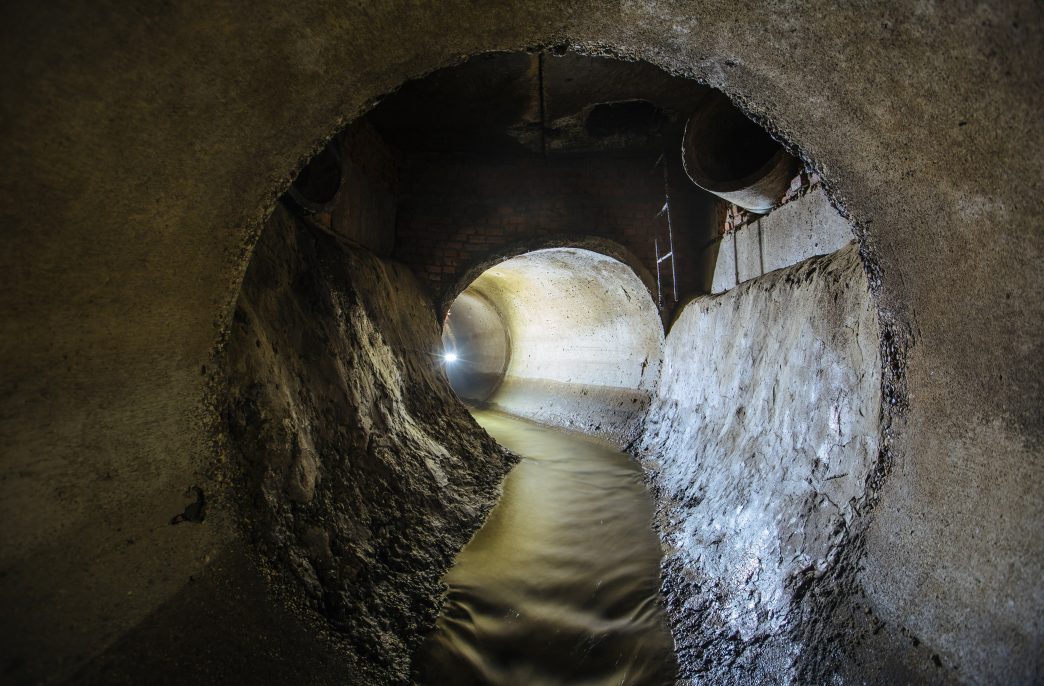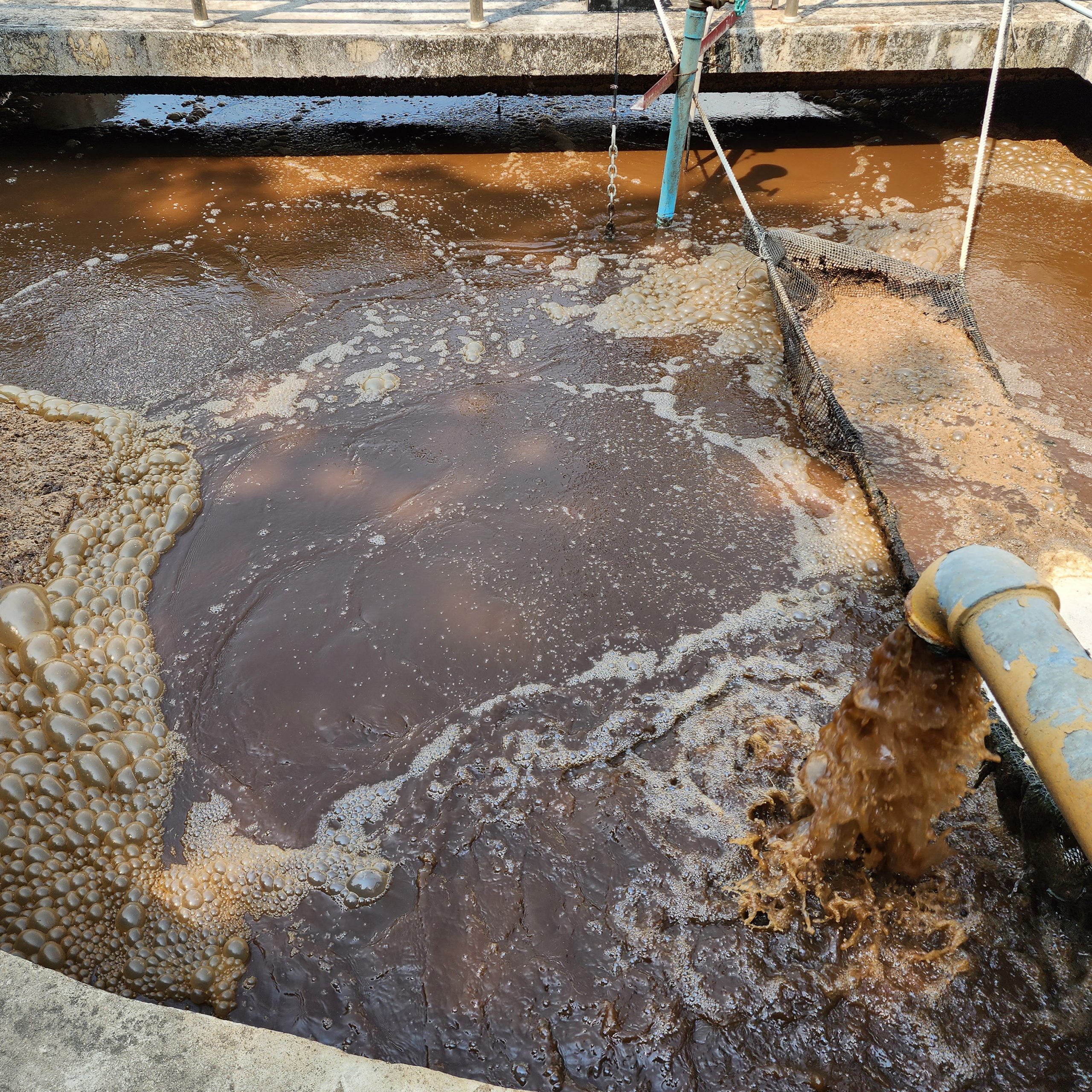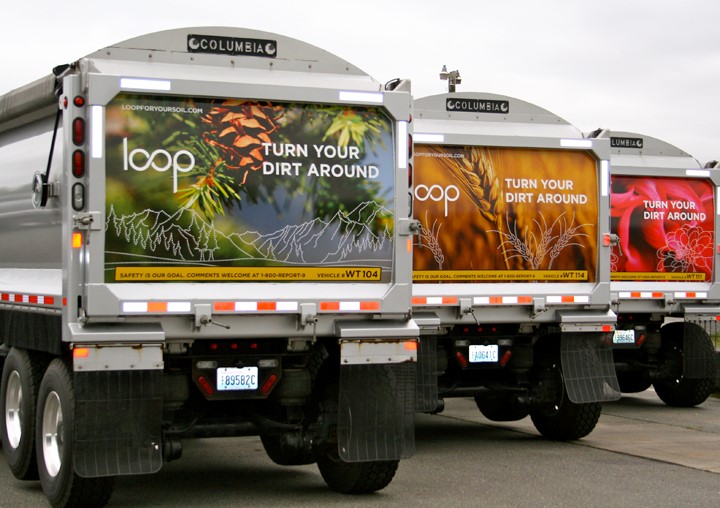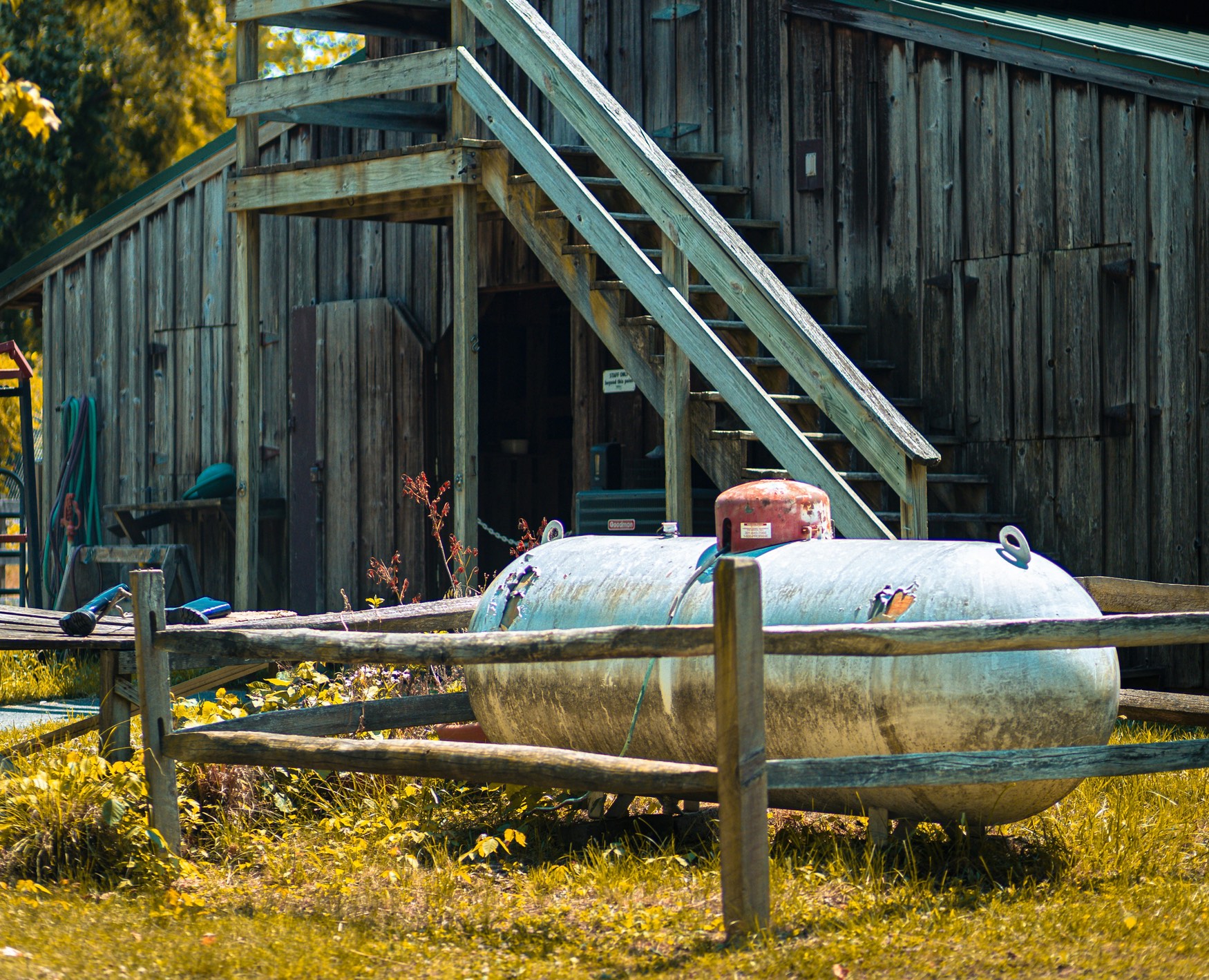Blount County residents call for ban on sewage sludge on farmland

In a densely attended Blount County commission meeting, property owners vehemently voiced their concerns regarding the disposal of human sewage sludge on local farmland. Derek Hickman, a prominent voice at the meeting, challenged local officials to take proactive measures against what he described as a significant environmental threat, highlighting the potential for waste runoff into local waterways.
The contentious issue centers around the use of biosolids, treated sewage sludge from wastewater treatment plants, as fertilizer on agricultural land. While touted as a cost-effective solution for waste disposal and soil nutrition, residents report severe odors and health concerns associated with sludge application sites. Companies contracted to dispose of the sludge are reportedly allowed to spread one million gallons per acre, a practice that has sparked fears of water contamination and wildlife poisoning.
Jennifer Walker, a local peach orchard owner, expressed distress over the unbearable stench emanating from the treated lands and its potential to contaminate the creek water vital for her orchard. Similar grievances were echoed by Brandy Little, who described the smell as akin to “rotting flesh” and reported seeing dead cattle on sludge-treated properties.
Amid these reports, Nelson Brooke from Black Warrior Riverkeeper presented water sampling data indicating the presence of heavy metals and toxic chemicals in creeks within Blount County, underscoring the environmental risks posed by the current sludge disposal practices.
Despite the outcry, proponents of biosolid use, like Ricky Turner, a 30-year veteran of the biosolid business, argue that the Alabama Department of Environmental Management (ADEM) effectively regulates the practice, ensuring safety through stringent application guidelines.
However, critics, including Julie Lay of Guntersville, argue that regulations are outdated and inadequately enforced, allowing for the importation of sewage sludge from states with more restrictive laws. The community’s concerns have coalesced into a petition, now boasting over 1,100 signatures, demanding a reevaluation of sludge disposal practices in the county.
The meeting concluded without a definitive resolution, but the strong community turnout and the sharing of personal testimonies have ignited a fervent call for action, with residents and local environmental advocates pushing for an outright ban or tighter regulation of sewage sludge application on farmland.



